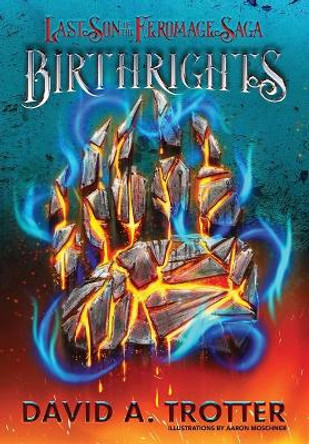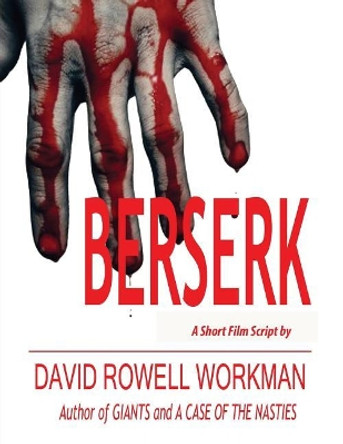Description
- Offers major re-interpretations of key Modernist works, including Ulysses, The Waste Land, and To the Lighthouse
- Explores film and film-going in works by Henry James, Frank Norris, Rudyard Kipling, Katherine Mansfield, and Elizabeth Bowen
- Offers original analyses of crucial phases in the careers of two of the most celebrated film-makers of the silent era, D.W. Griffith and Charlie Chaplin
About the Author
David Trotter is King Edward VII Professor of English Literature at the University of Cambridge, and a Fellow of the British Academy. He has written widely about British and American literature of the nineteenth and twentieth centuries, including, most recently, the fiction of George Eliot, and aspects of literary Naturalism. The focus of his current research is the history and theory of film. He co-founded the Cambridge Screen Media Group, and is director of its M.Phil. programme in Screen Media and Cultures.
Reviews
"The great success of Cinema and Modernism derives from the author's constant methodological insistence on how cinema and literature matter for each other in modernism, and his methodology demands that he deal rigorously with both film and literature on their own terms and as mutually constitutive in their will-to-automatism. " (James Joyce Quarterly, Summer 2008)
"Trotter conducts his enquiry with admirable historical rigor, rightly castigating approaches which have proved anachronistic in relation to the film-making of the period. He also wisely avoids simplistic models of causality and influence, in favor of subtler aesthetic 'convergences' and 'parallelism'. This grounds his case for interdependency: that we can't fully understand cinema without literary Modernism, and vice-versa." (The Review of English Studies, April 2009)
Book Information
ISBN 9781405159821
Author David Trotter
Format Paperback
Page Count 224
Imprint Wiley-Blackwell
Publisher John Wiley and Sons Ltd
Series Critical Quarterly Book Series
Weight(grams) 372g
Dimensions(mm) 230mm * 155mm * 13mm
Details
Series: |
Critical Quarterly Book Series |
Imprint: |
Wiley-Blackwell |











